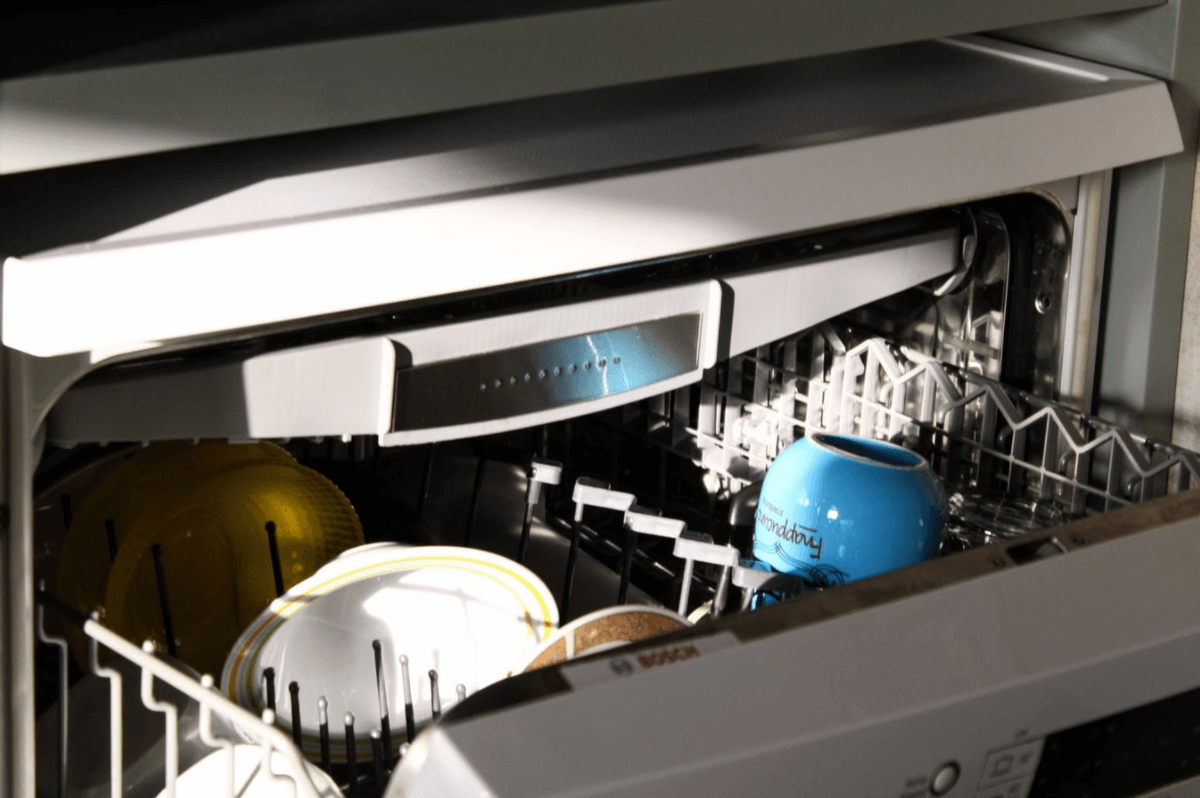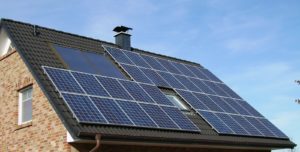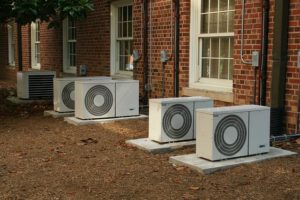When it comes to choosing home appliances, the main thing you need to focus on is energy efficiency. The appliance you choose must be able to save money and reduce your carbon footprint. This guide will help you make an informed decision about which appliances are best for saving energy in your household.

Understanding Energy Efficiency
Understanding the difference between energy efficiency and power consumption is important when choosing appliances that are right for your needs. When you want to save money on your utility bills, you should purchase an appliance with a high Energy Star rating.
This means it uses less energy than other models even though it has higher wattage because of its design or features like LED lights which use much less electricity than incandescent bulbs. Purchasing an appliance with lower wattage will also help you save energy without sacrificing performance.
How To Choose An Energy Star Appliance
A useful guideline is to choose appliances with an Energy Star rating of 75 or more.
Another good tip for saving energy is choosing the right size and brand for your home, in order to avoid leaving items plugged in when not in use. For example, if you have a large family but only one refrigerator, consider buying two smaller fridges instead of one big fridge that stays on all day long (even when it’s not needed).
Another way to save money and reduce carbon emissions is by purchasing products made from recycled content materials; this ensures that fewer raw resources are used up while still making sure the product performs as well or better than its non-recycled counterparts.
Choosing between different brands of products is important, as some brands are more energy-efficient than others. Energy-efficient brands include Samsung, LG, and Whirlpool.
The Most Energy-Efficient Appliances

The Environmental Protection Agency has a list of appliances that are the most efficient.
A washing machine may use less water and electricity per load than a clothes dryer.
The refrigerator can be placed on its side to increase fridge space without increasing power usage (although this depends on your country’s laws). A refrigerator does use energy when the compressor switches on periodically throughout the day but operates much less frequently than a freezer (which has no defrost cycle).
A water heater is energy efficient because it only heats water when you need it. As the folks at thinktankhome.com explain, for instance, a water heater is a large contributor to your energy bill (about 25%) so if you can conserve energy or replace your system with a more cost-effective model, you’ll be able to directly impact your monthly expenses.
A dishwasher is energy efficient because the hot water used to wash dishes goes down the drain and not into your sink, which reduces how much cold water has to be heated up for handwashing afterward. It also means less time spent doing chores by hand.
An oven does not make sense in certain situations such as when cooking only a small amount of food at once or boiling water quickly due to the high electric heat production needed to reach temperatures over 100 degrees Celsius.
A clothes dryer is not very efficient because it typically uses approximately three to four times the electricity of a washing machine, while also using significantly more water and generating substantially more heat than washer or dishwasher cycles. However, if you want your clothing dried in under an hour then this may be advisable; people who live in colder climates will need some form of indoor drying apparatus year-round.
Usage Tips
Tips for using your new appliances correctly include
- Make sure to turn devices off when not in use. Consider using an on/off switch that automatically turns off your appliances when not in use. This will reduce energy costs and help the environment too
- Try using appliances during the daytime when electricity is cheaper and at a lower demand, such as solar energy-generated power. This will save you money on your electric bill and help with global warming too
- Consider using an appliance that is in standby mode or has a timer if it’s not being used often so it doesn’t use up any of the power while waiting to be utilized
- Consider replacing old appliances with new, more energy-efficient models, such as LED bulbs and Energy Star certified products.
Choosing energy-efficient appliances can help the environment. If you are in the market for a new appliance, make sure to choose one with an Energy Star label so that your purchase is helping both your wallet and Mother Nature. The most efficient appliances also have lower monthly utility bills because they use less electricity, which means more money in your pocket!





